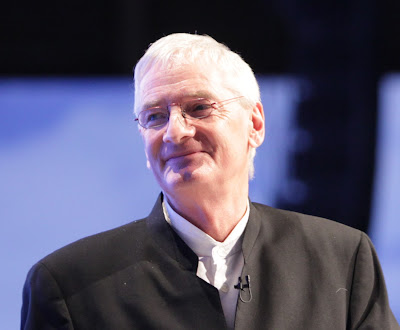- General
- November 27, 2020
- 5 minutes read
Dyson Unveils $3.6B Development Plan
Dyson Ltd, the British technology company controlled by the inventor and billionaire businessman James Dyson, has announced a new £2.75 billion ($3.6…
Dyson Ltd, the British technology company controlled by the inventor and billionaire businessman James Dyson, has announced a new £2.75 billion ($3.6 billion) war chest for the development of new technologies and products over the next five years. The announcement notable comes after Dyson reportedly lost over $600 million on a failed bet on electric vehicles.
Dyson, the company, is best known for its household appliances such as vacuum cleaners, bladeless fans, heaters, and hand dryers but in recent years has sought to get outside the home. It first sought to develop an electric vehicle and spent big to do that but later scrapped its plan even before unveiling a prototype.
Now, after a failed electric vehicle plan, Dyson is now back with a fresh and well-funded plan to develop a product that’s not a household appliance for the first time.
Particularly, Dyson says its ‘key’ focus is the commercialization of its solid-state battery technology that’s currently under development in the UK, US, Japan, and Singapore. The company promises “safer, cleaner, longer-lasting and more efficient energy storage than today’s existing batteries” with its solid-state battery.
Solid-state batteries are currently used to power devices ranging from wearables to RFID devices and artificial cardiac pacemakers. Notably, its use is regarded by many as one that could present a breakthrough in electric vehicles.
For now, the use of solid-state batteries in electric cars still poses lots of challenges and therefore hasn’t become mainstream. However, major companies such as Samsung and Mercedes-Benz are working on its use in that area and it’s such that if it becomes viable, the use of solid-state batteries in electric vehicles could increase driving ranges by wide margins.
Dyson’s $3.6 billion bet will be focused on facilities in Singapore, the UK, and the Philippines. Under its plan, the company will hire more engineers and scientists in fields such as robotics, machine learning, and general software.
“This will start a new chapter in Dyson’s development,” the company said.
Photo: James Dyson by conservativeparty is licensed under CC BY-NC-ND 2.0







